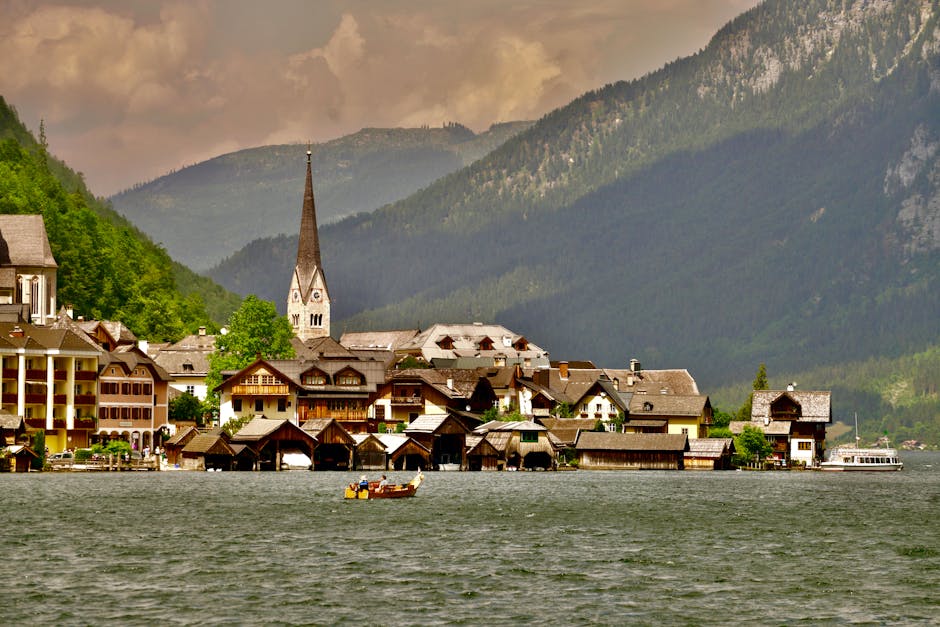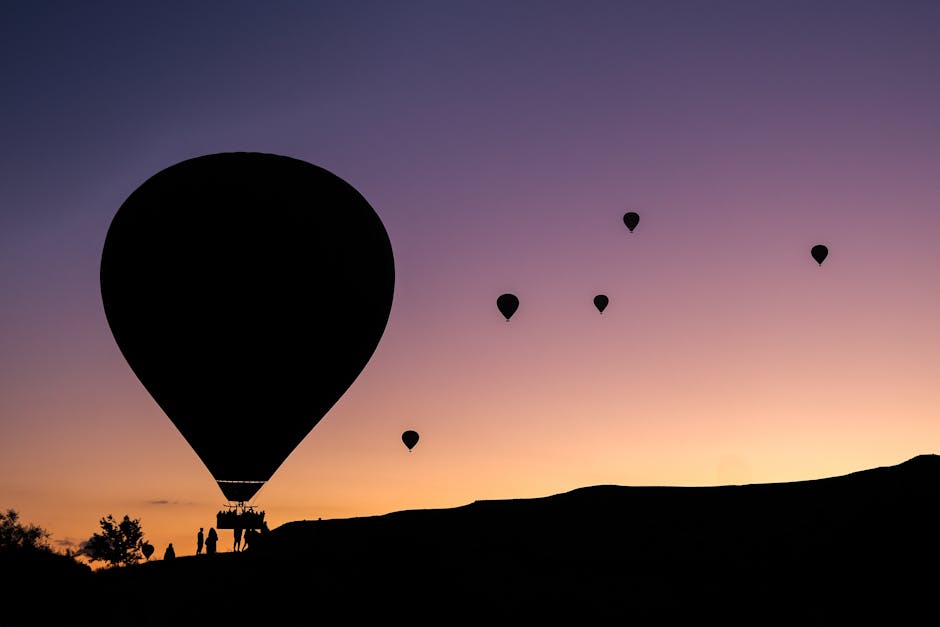Lisbon After Dark: Fado, Rooftops and a New Wave of Boutique Hotels
Lisbon, Portugal
Lisbon comes alive after 6pm. From intimate fado houses to golden-hour rooftops and warehouse-chic boutique hotels, here’s how to experience the city’s spring nights like a local.
3-5 days



